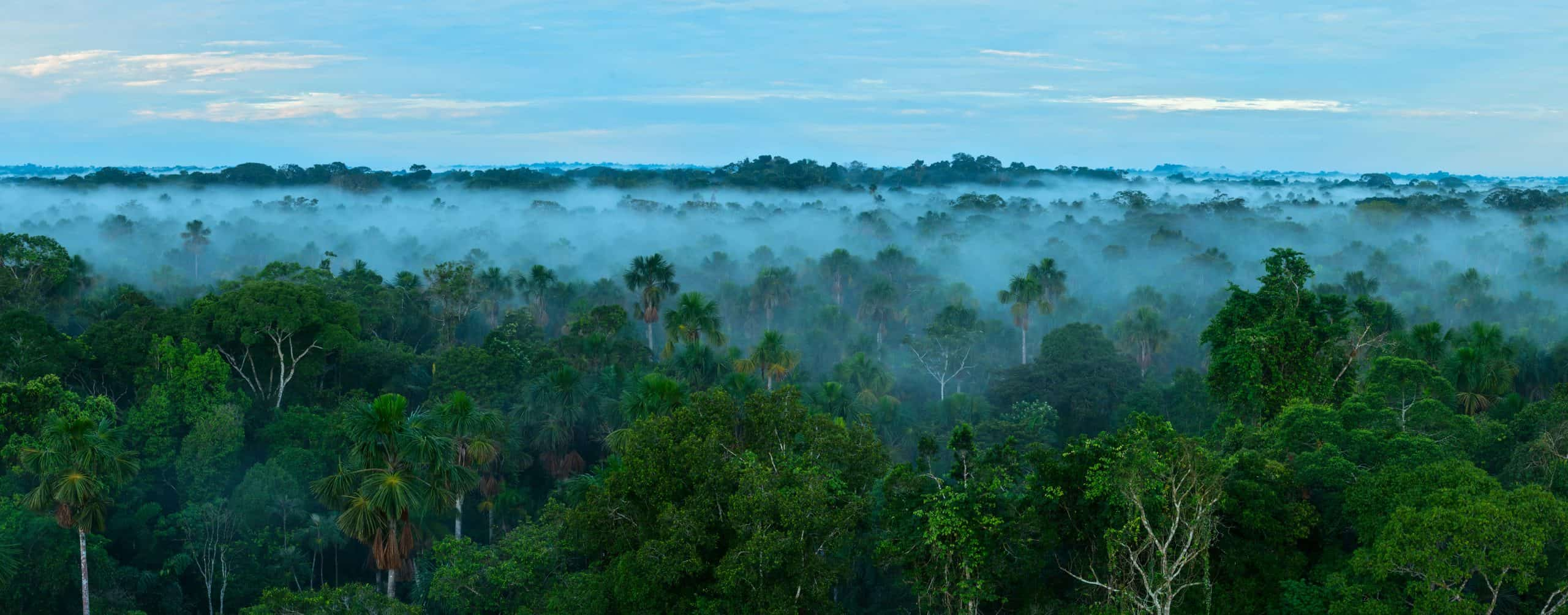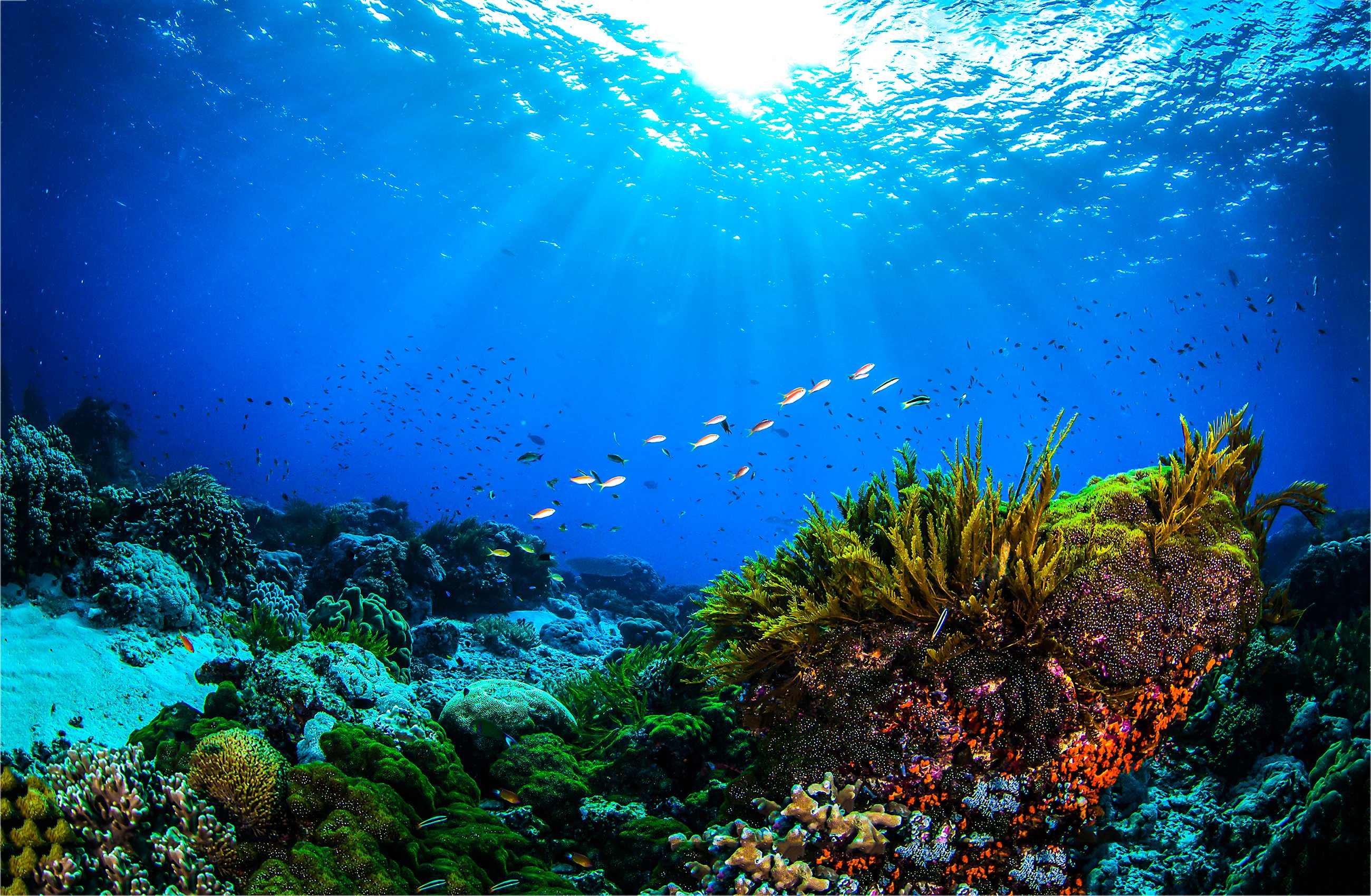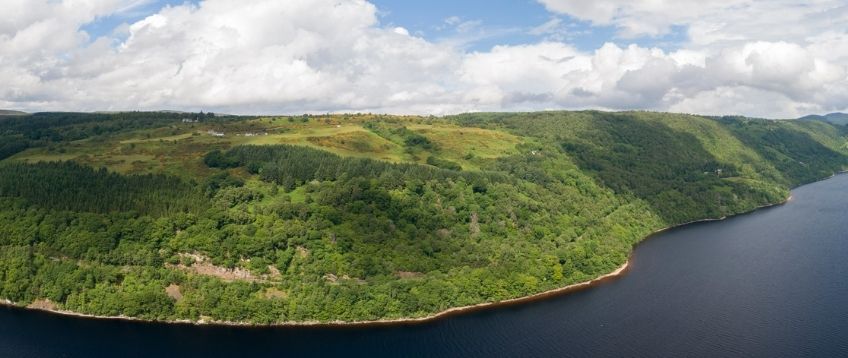Innovative Fish eDNA Project Launched at Offshore Wind Farm
Blyth wind farm


Project Snapshot
Overview
Leading renewable energy consultancy and service provider, Natural Power, along with project partners, EDF Renewables and environmental DNA specialist, NatureMetrics, conducted a ground-breaking research project to validate offshore fish environmental DNA (eDNA) survey methods – the first of its kind to trial the use of eDNA to improve survey methods for offshore wind farm environmental impact assessments.
eDNA is a non-invasive sampling technique which uses samples that can be collected from a wide range of vessels and has the potential to deliver auditable, robust data, potentially replacing more destructive methods.
What the Client Says


The Challenge
NatureMetrics is a pioneer in using environmental eDNA to identify fish species around the world. This ground-breaking technique is based on the fact that all species shed waste products, skin and tissue cells into the seawater – and they all contain the underlying DNA of the fish. Collecting and filtering a few litres of seawater concentrates the DNA, which can then be processed in the NatureMetrics lab to identify all the different fish species present. It means there is no need to physically catch or even see the fish to know they are there. It is a much quicker, cheaper, safer, scalable, and more reliable approach than traditional survey techniques.
With support from EDF Renewables, and utilising NatureMetrics’ eDNA experts, the research project commenced in March 2022. Surveys were conducted using traditional fish trawling methods as well as eDNA sampling around the BOD site. Comparison of the eDNA results with concurrent trawl data and with historical fish community data will be undertaken providing a robust assessment and validation of the technique.
Our Role

.jpg)
The Findings
Michelle Elliott, the Senior Environmental Consultant leading the project on behalf of Natural Power, said: “There is significant evidence for eDNA providing robust data on fish diversity in nearshore environments, but very few studies exist further offshore, and to our knowledge, there has been no work investigating eDNA methods for fish ecology assessment near commercial offshore wind farms. We believe this research has huge potential benefits and will lead to marketable opportunities within the marine energy sector.”
The team predicts a range of additional environmental benefits from this project, such as the collection of data on key marine mammal species, like the Minke whale, where information on seasonal occurrences is not well understood due to their inconspicuous nature. This can be used in wider ecological monitoring and to better inform marine spatial planning for offshore energy production and other sectors.
The outcome of this research will form a scientific paper and formal public presentation of findings alongside recommendations for future commercial use.
The Impact
Overall, this method should help to reduce the costs of offshore wind developments; reducing overall cost of energy production whilst also minimising the environmental impact, and therefore helping to meet the UK’s 2050 net-zero target.
NatureMetrics is looking forward to showing how eDNA methods can help companies in the marine energy sector monitor nature cheaply, quickly, repeatably, and at large scale. We have already successfully demonstrated that eDNA will detect more fish species than conventional net survey methods for a coastal fish survey in Sweden. NatureMetrics' technology can help renewable energy companies better manage nature-related risks and transition to a nature positive economy.
Make your nature strategy your USP
Explore more success stories
Join more than
500 companies
in 104 countries
Stay in the know with the latest nature-related news
Join 9,000 subscribers for monthly round-ups and analysis of nature-related news and insights from NatureMetrics





.jpg)






.png)


.jpg)

















.jpg)















